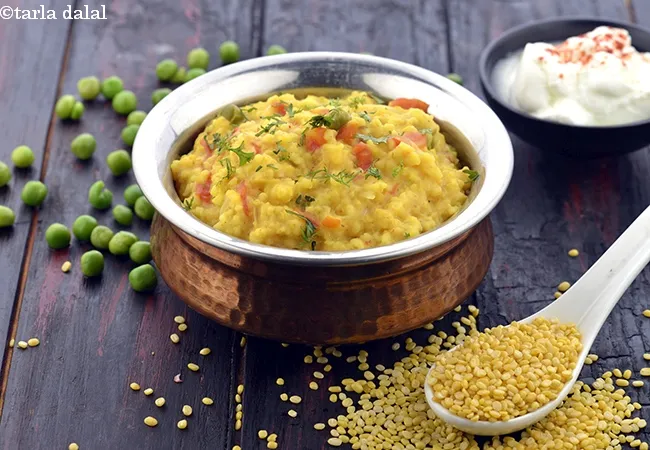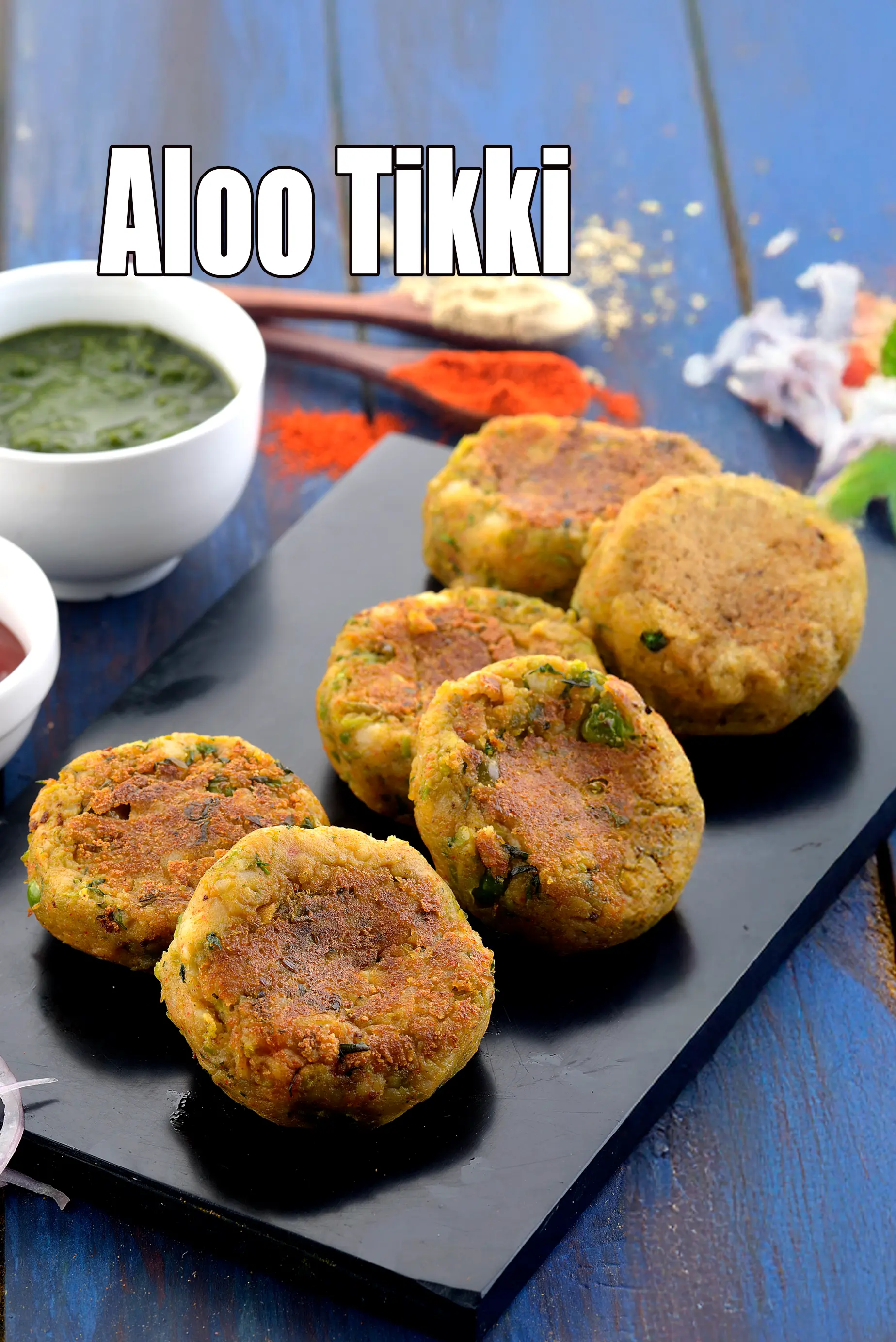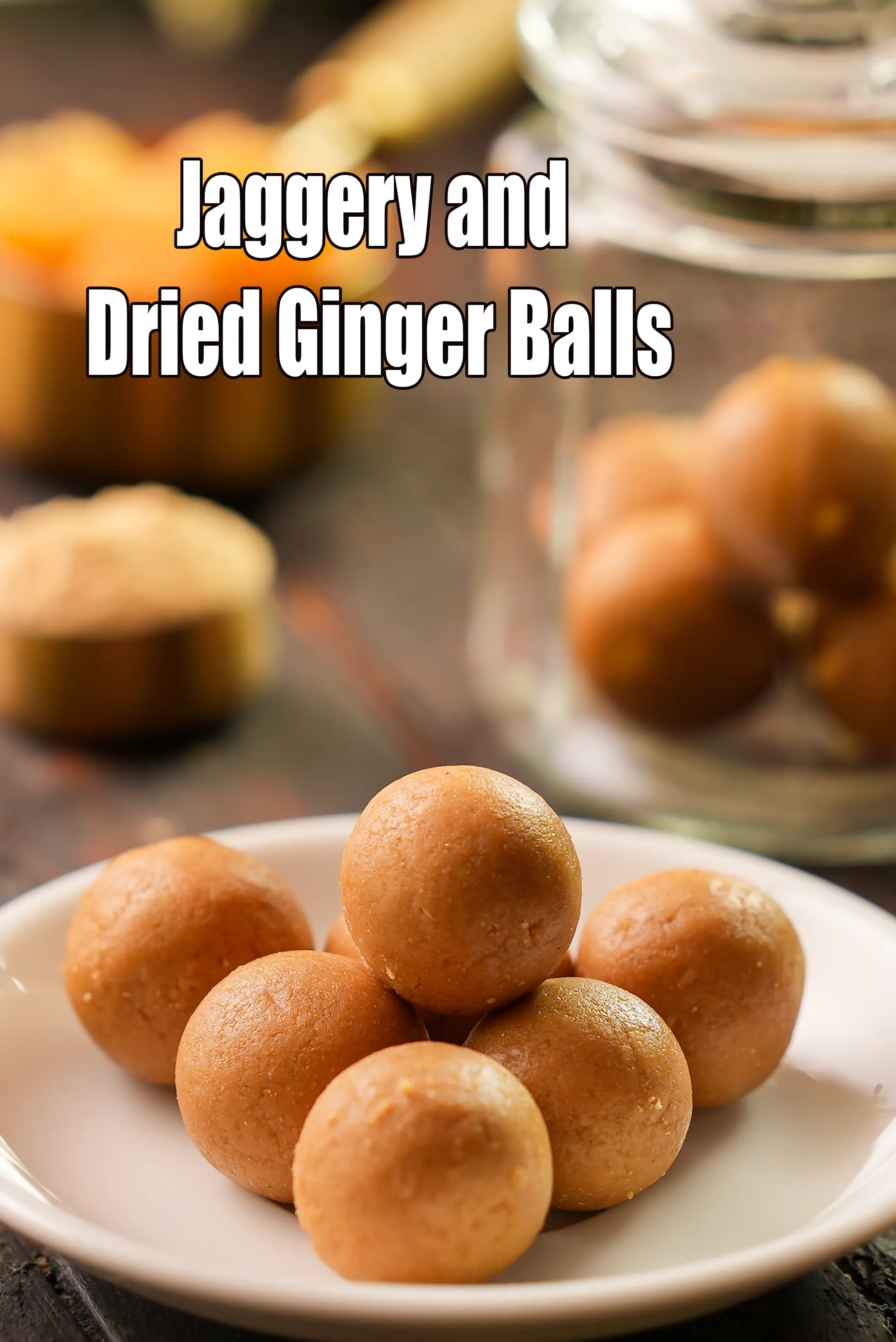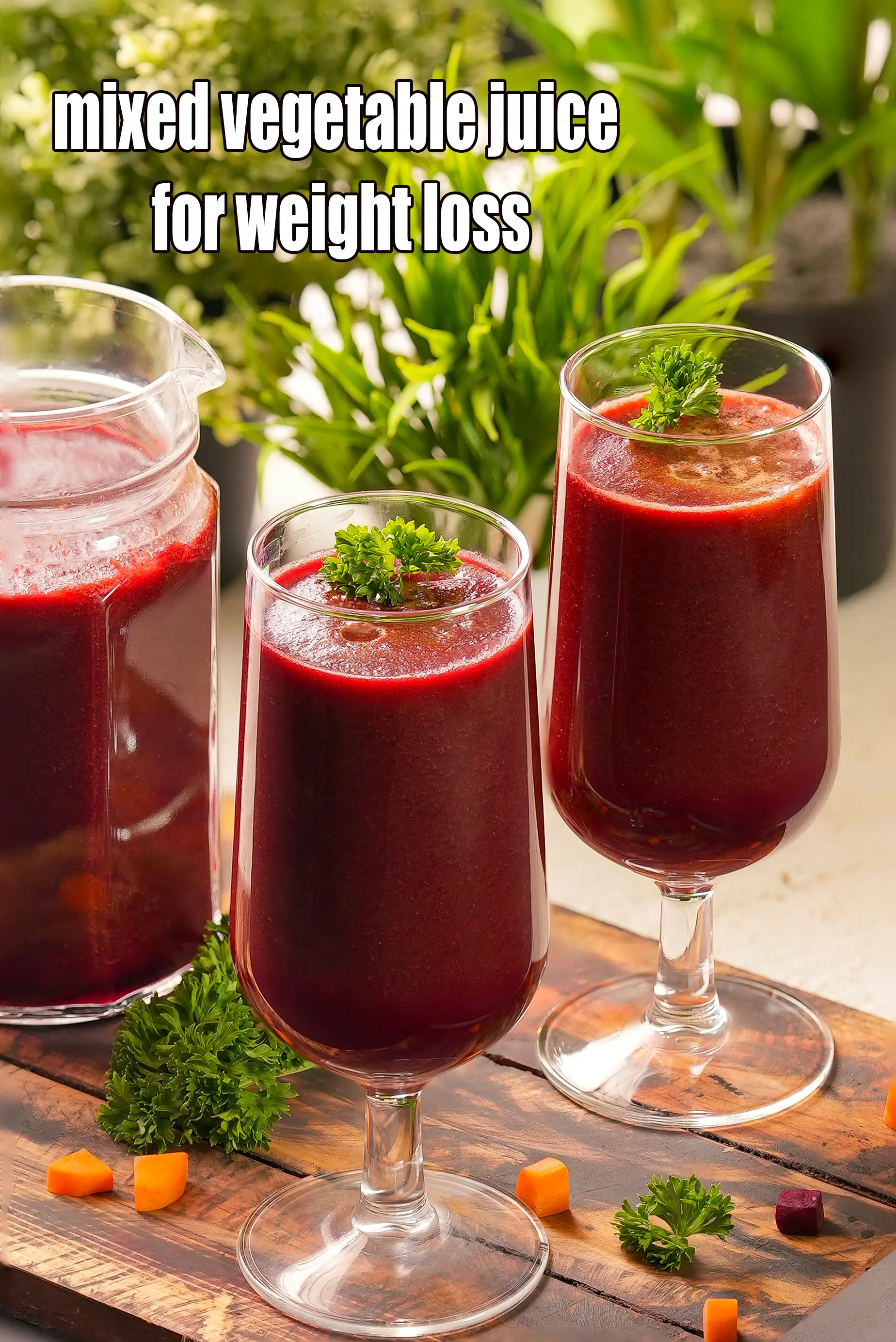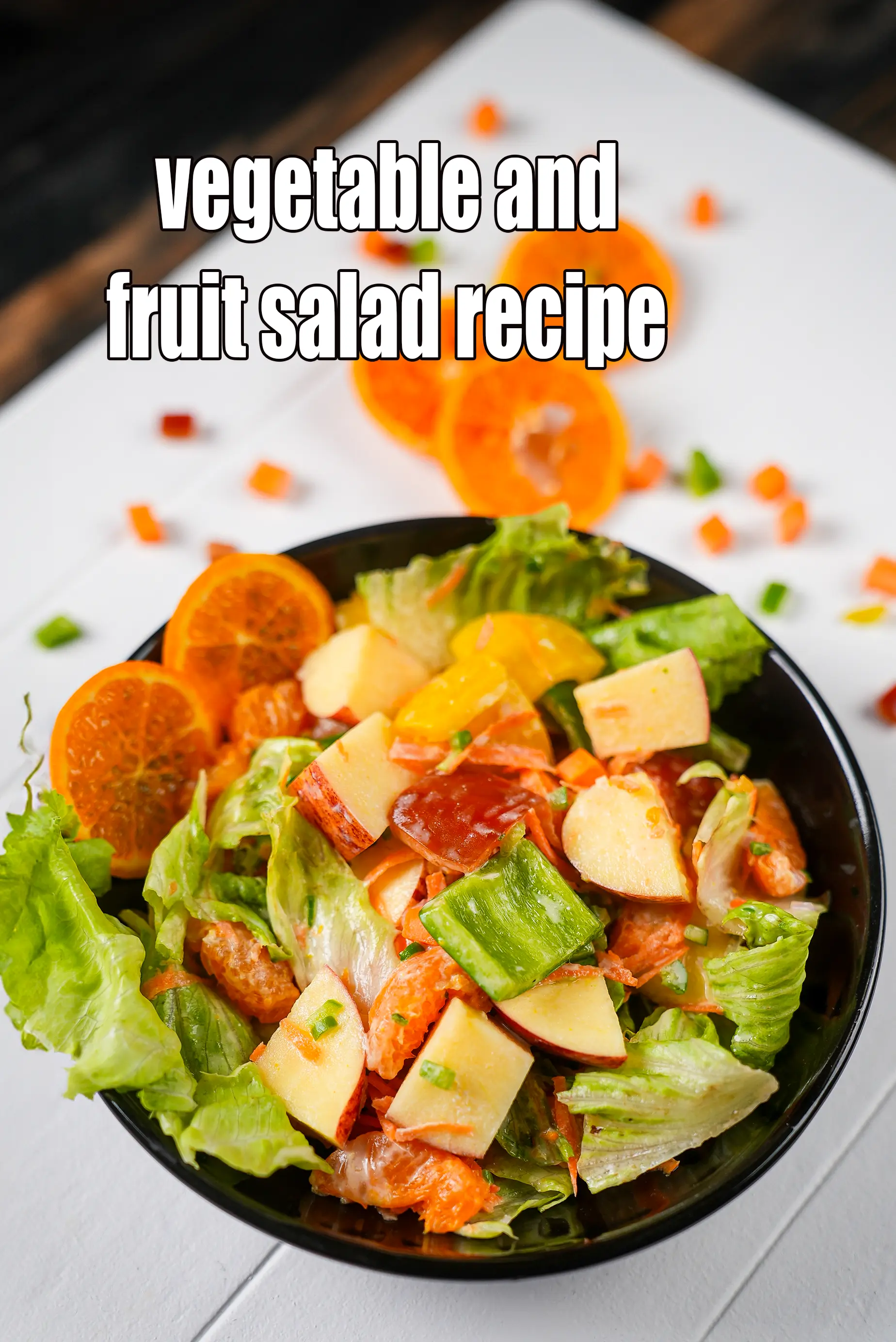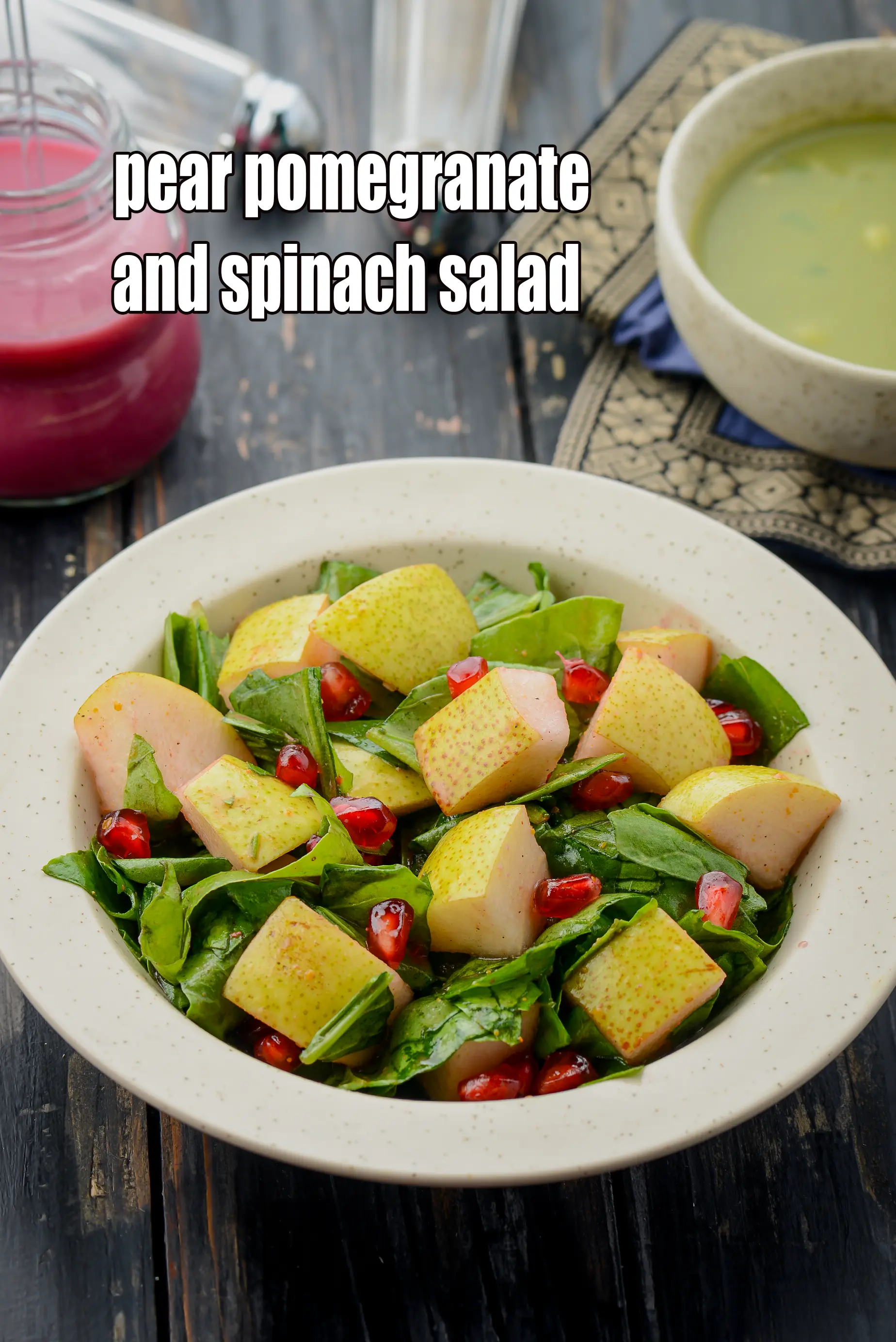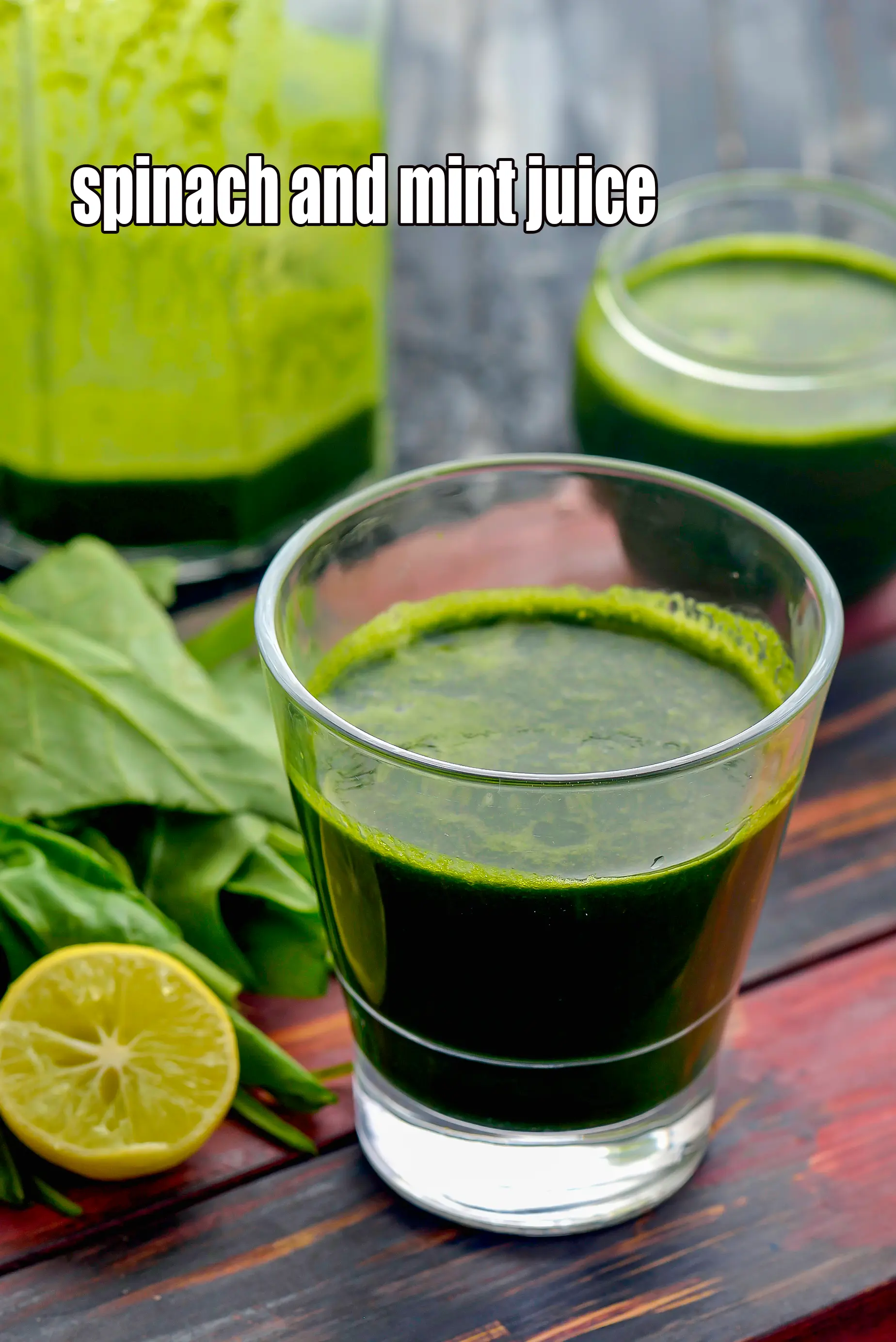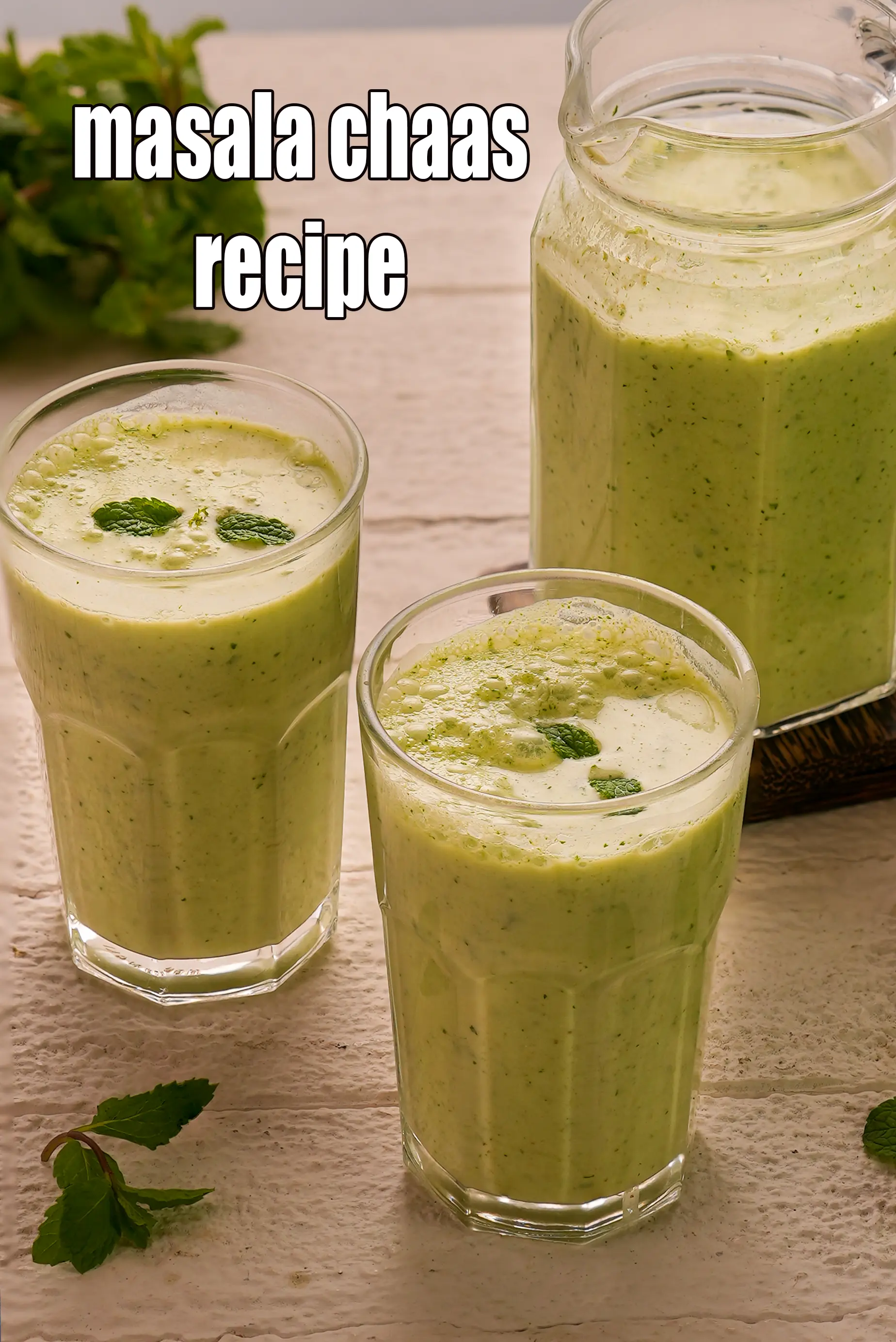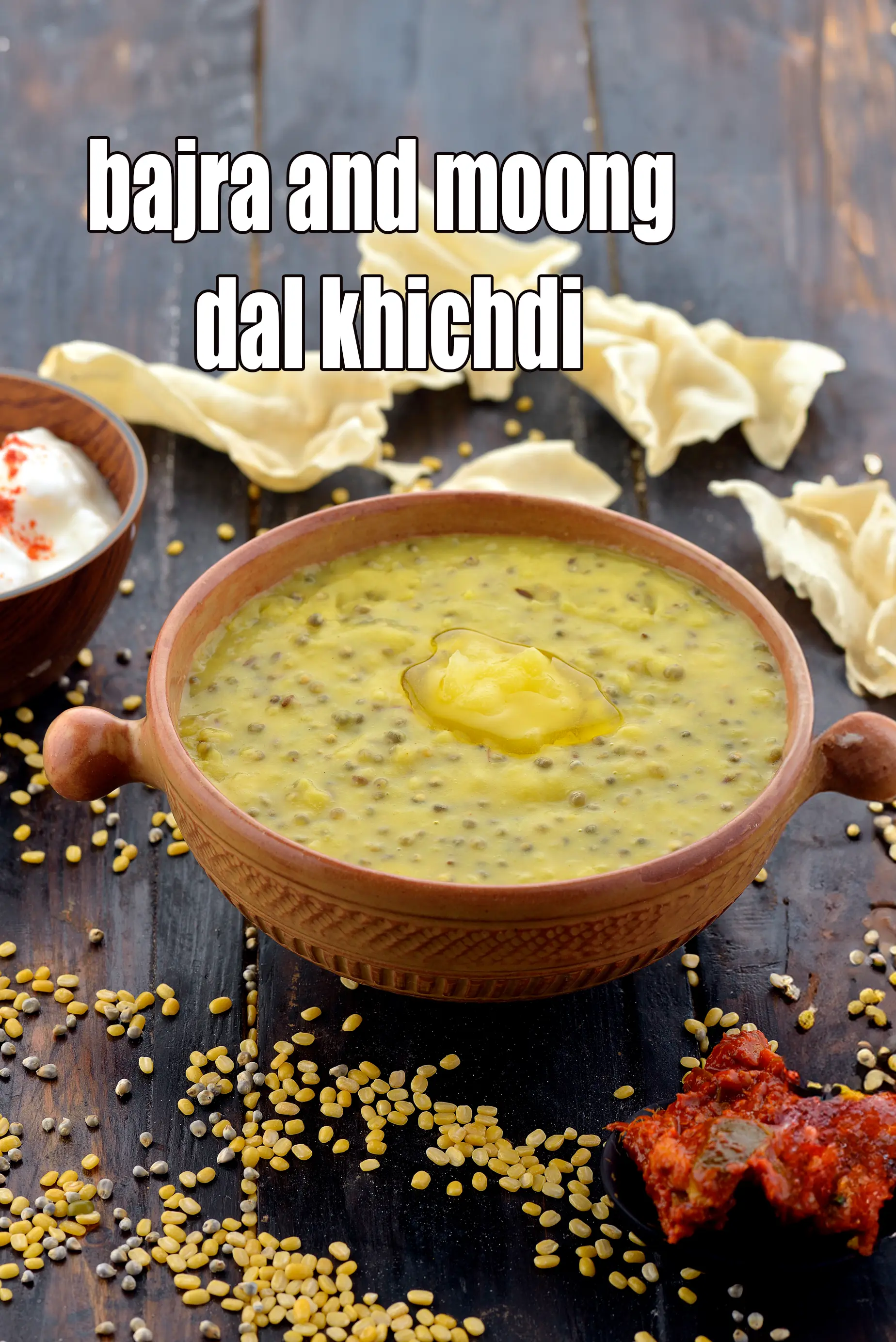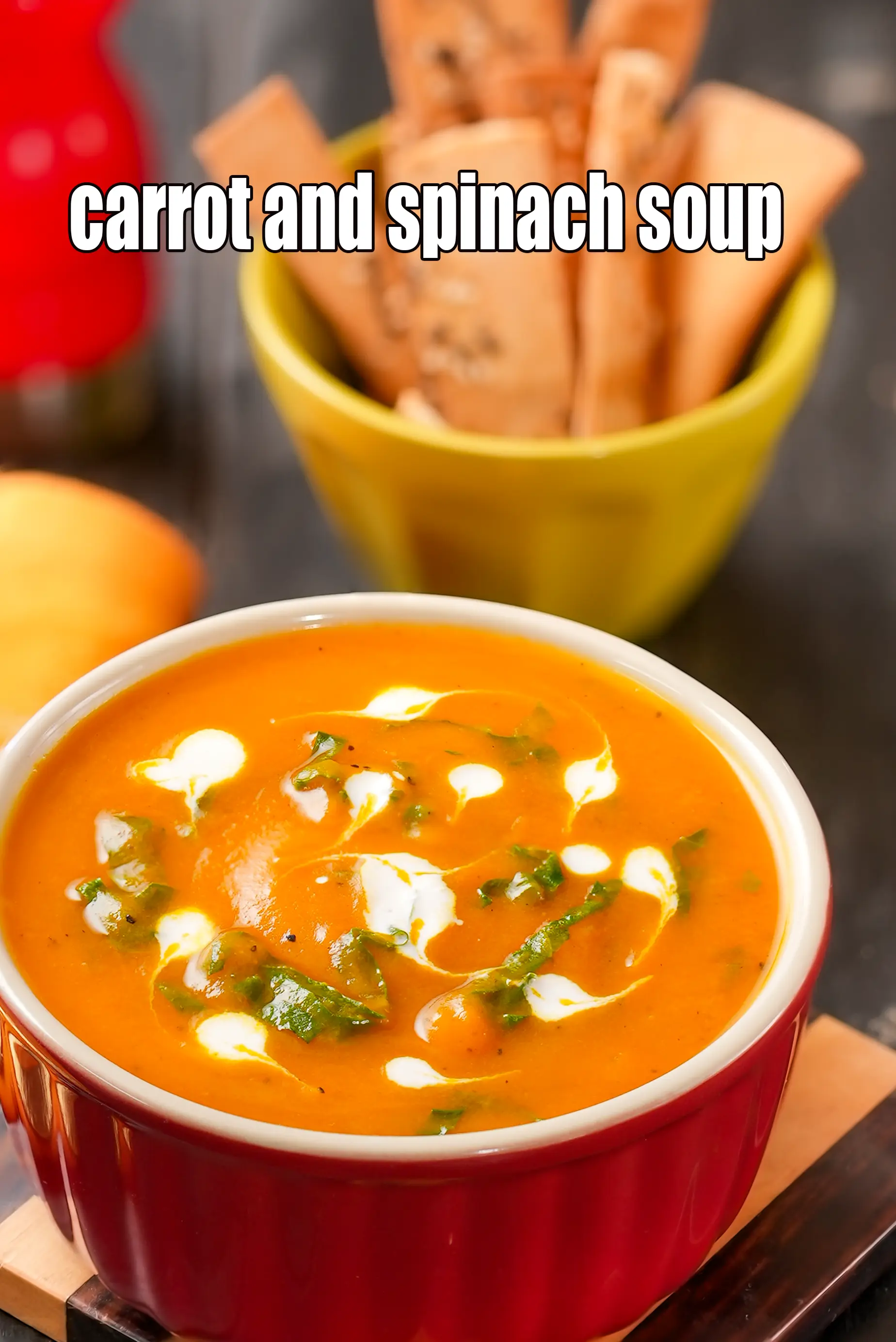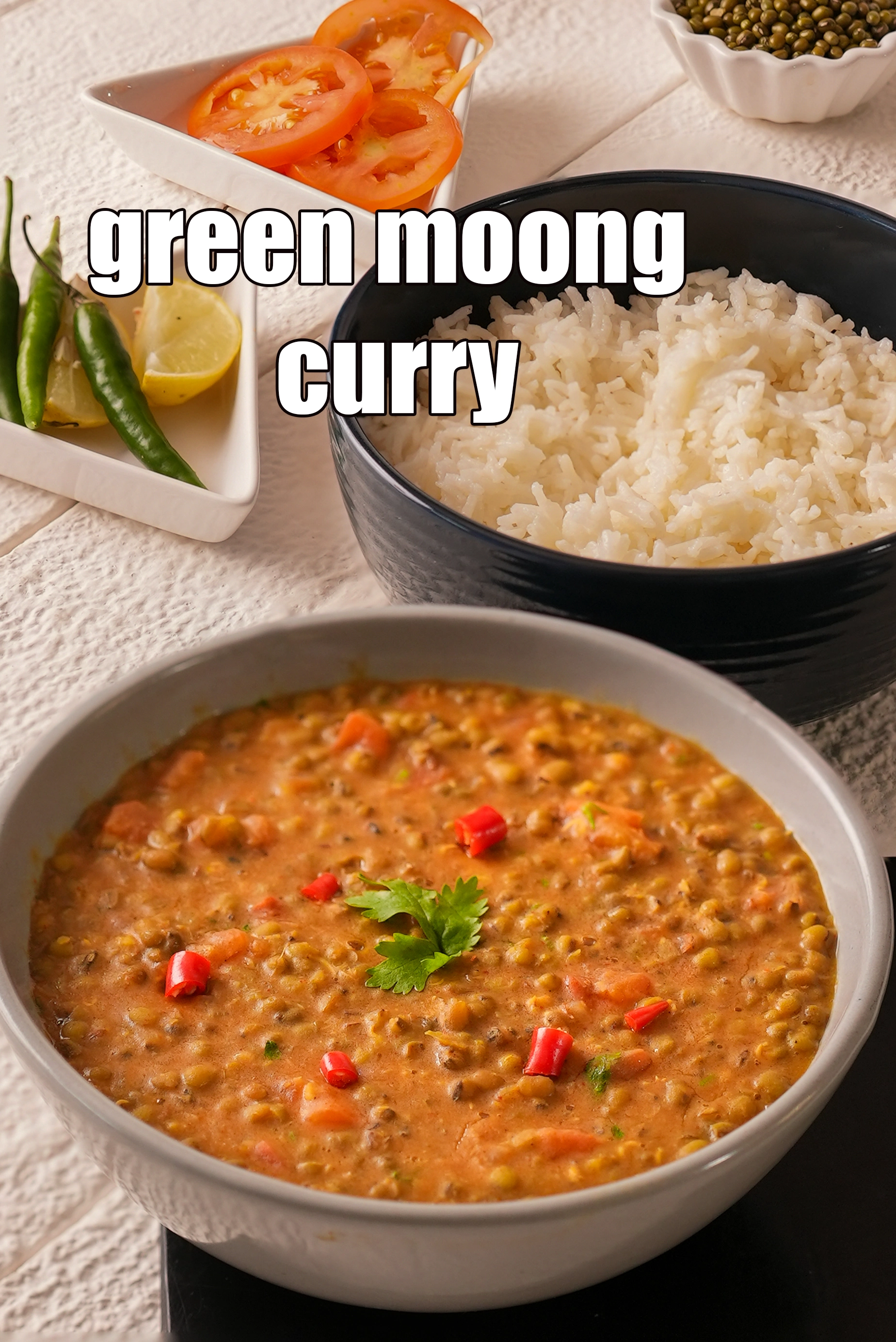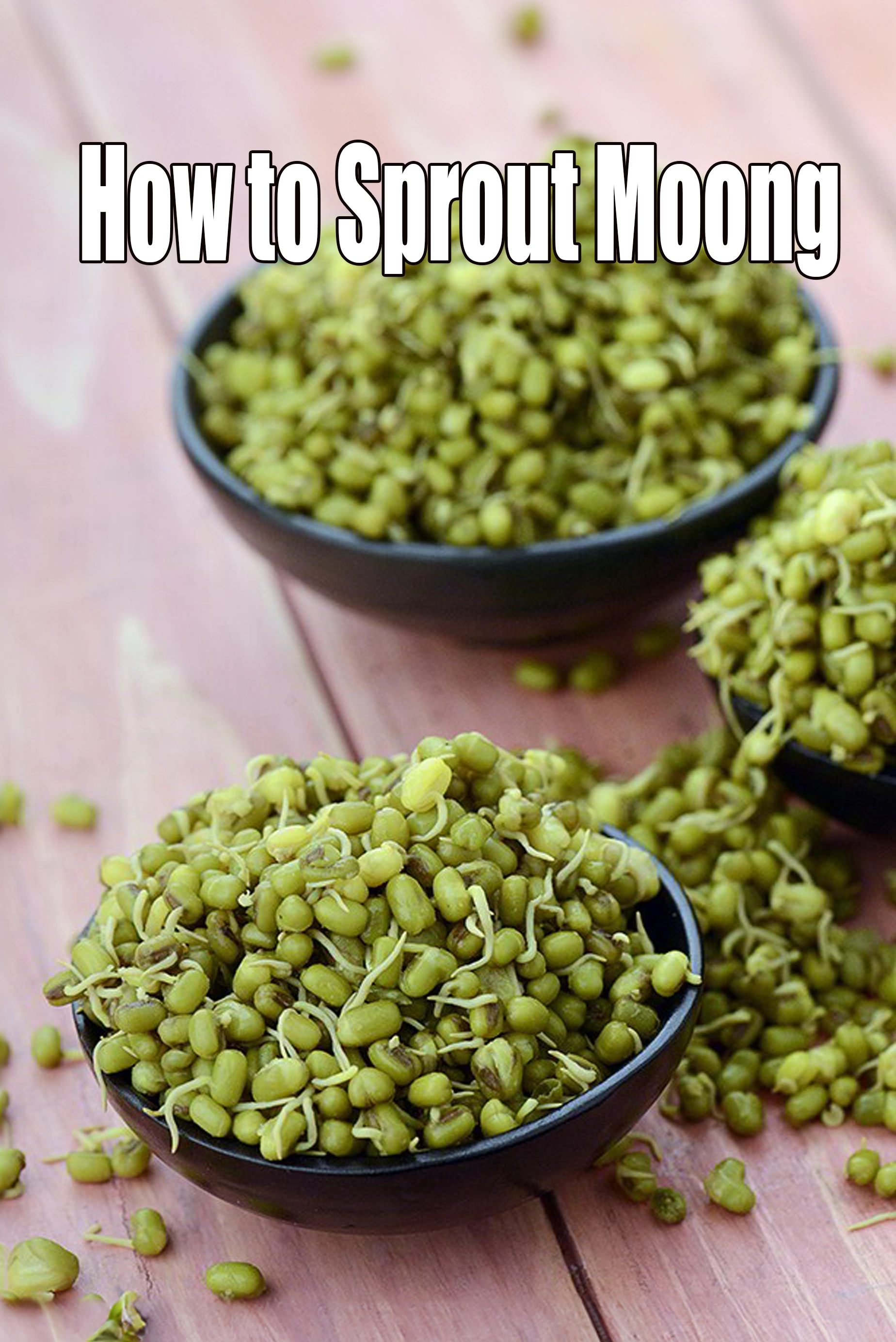Nutritional Facts of Rajasthani Pakoda Kadhi, Calories in Rajasthani Pakoda Kadhi
This calorie page has been viewed 9313 times
Healthy Indian Recipes
Healthy Indian Recipes
Course
Table of Content
How many calories does 1 serving of Rajasthani Pakoda Kadhi have?
One serving (200 grams) of Rajasthani Pakoda Kadhi gives 310 calories. Out of which carbohydrates comprise 60 calories, proteins account for 27 calories and remaining calories come from fat which is 216 calories. One serving of Rajasthani Pakoda Kadhi provides about 15.5 percent of the total daily calorie requirement of a standard adult diet of 2,000 calories.
310 calories for 1 serving of Rajasthani Pakoda Kadhi, Cholesterol 10.7 mg, Carbohydrates 15g, Protein 6.9g, Fat 24g. Find how much fibre, iron, calcium, zinc, magnesium, phosphorus, sodium, potassium, folic acid is present in Rajasthani Pakoda Kadhi.
See : Rajasthani pakoda kadhi recipe | Rajasthani kaddhi pakora | with 43 amazing images.
The highlight of the Rajasthani pakoda kadhi is the addition of crisp and fresh besan pakodas! Learn how to make Rajasthani pakoda kadhi recipe | Rajasthani kaddhi pakora |
Rajasthani pakoda kadhi is made with freshly prepared pakodis of besan perked up with coriander, green chillies and these pakodis are floated in a mouth-watering kadhi.
The Rajasthani pakoda kadhi is quite richly flavoured with an assortment of spices and the pakoras are an added attraction that make the kadhi pakora thoroughly irresistible!
Make sure you simmer the Rajasthani pakoda kadhi for just a minute or two after adding the pakodas so that they absorb the flavours but do not become soggy.
Tips to make rajasthani pakoda kadhi: 1. You can make the pakodas and kadhi in advance. Then just before serving heat the kadhi and add the pakodas and cook for 2 minutes. 2. Put the besan in a deep bowl. It is better to sieve the besan and use it as it will avoid the grainy particles.
Is Rajasthani Pakoda Kadhi healthy?
No, this is not healthy. Let's see why.
Let's understand the Ingredients.
What's good.
1. Curd + Low fat Curds : Curds help in digestion as it has very good bacteria. Probiotics in curds acts as a mild laxative but, in case of diarrhoea and dysentery, it is a boon, if curd is used with rice.They help in weight reduction, good for your heart and build immunity. The only difference between curds and low fat curds is the fat level. Read the benefits of curds to include in your daily diet.
2. Besan : Besan has more good fat than whole wheat flour and also higher protein content. Rich in complex carbohydrates and with a low glycemic index, besan is good for diabetics too. Besan is high in Folate or folic acid, which is important for rapid growth and multiplication of red blood cells and white blood cells (WBC) in the bone marrow. Rich in complex carbohydrates and with a low glycemic index, besan is good for diabetics too. See detailed benefits of besan and why it's good for you.
3. Coriander (kothmir, dhania) : The antioxidants vitamin A, vitamin C and the quercetin present in coriander works towards strengthening our immune system. Coriander is a fairly good source of iron and folate – the 2 nutrient which help in the production and maintenance of red blood cells in our blood. Good for reducing cholesterol and good for diabetics. Read 9 benefits of coriander to understand details.
What's the probelm?
Deep fried foods : This pakoda is deep fried. Any food that is deep fried is not suitable for healthy living. Your fat levels increase as deep frying increases oil absorption. Also when you use the same oil again for deep frying then smoking point decreases which leads to the development of blue smoke which is not good for health. It also increases inflammation in the body and shuts down the fat burning process.
Can diabetics, heart patients and over weight individuals have Rajasthani Pakoda Kadhi ?
No, this recipe is not good for diabetics, heart and weight loss. This pakoda is deep fried. Any food that is deep fried is not suitable for healthy living. Your fat levels increase as deep frying increases oil absorption.
What is a healthy kadhi option?
You can follow this healthy kadhi low fat kadhi recipe.
Healthy Kadhi, Low Fat Kadhi Recipe
Can healthy individuals have Rice Pakoda Kadhi ?
No, this is not healthy. Follow the Healthy Kadhi, Low Fat Kadhi Recipe above.
Kadhi goes well with the following khichdi options : buckwheat moong and vegetable khichdi, vitamin khichdi, fada ni khichdi, bohri khichdi and buckwheat and sprouts khichdi. Note that these khichdi recipes have ZERO rice used in them and are diabetic, heart friendly.
Fada ni Khichdi
Rajasthani Pakoda Kadhi is rich in below macronutrients, vitamins and minerals given in descending order (highest to lowest).
1. Calcium. See Calcium rich recipes : Calcium is a mineral that makes bones stay strong. Required from kids to adults. 26% of RDA.
2. Phosphorus : Phosphorus works closely with calcium to build bones. 25% of RDA.
3. Folic Acid (Vitamin B9): Folic acid is an essential vitamin required throughout pregnancy. Folic acid rich Indian foods (kabuli chana, chana dal, yellow moong dal, urad dal, tooval dal, til ) 16% of RDA.
4. Protein : Protein is required for managing the wear and tear of all cells of the body. Have protein rich Indian foods like paneer, curd, Greek yoghurt, tofu, almonds, sprouts, chana, rajma, chick peas, quinoa, buckwheat ). 13% of RDA.
5. Fiber : Dietary fiber reduces the risk of heart disease, prevents the spike in blood sugar levels and hence super for diabetics. Consume more fruits, vegetables, moong, oats, matki, whole grains. 12% of RDA.
Note : a recipe is deemed high in a Vitamin or mineral if it meets 20% and above the recommended daily allowance based on a 2,000 calorie diet.
How to burn 310 calories that come from one serving of Rajasthani Pakoda Kadhi?
Walking (6 kmph) = 1 hour 33 mins
Running (11 kmph) = 31 mins
Cycling (30 kmph) = 41 mins
Swimming (2 kmph) = 53 mins
Note: These values are approximate and calorie burning differs in each individual.
| Energy | 310 cal |
| Protein | 6.9 g |
| Carbohydrates | 15 g |
| Fiber | 3 g |
| Fat | 24.6 g |
| Cholesterol | 10.7 mg |
| Vitamin A | 374.4 mcg |
| Vitamin B1 | 0.1 mg |
| Vitamin B2 | 0.1 mg |
| Vitamin B3 | 0.5 mg |
| Vitamin C | 3 mg |
| Folic Acid | 33 mcg |
| Calcium | 153 mg |
| Iron | 1.2 mg |
| Magnesium | 39.9 mg |
| Phosphorus | 152 mg |
| Sodium | 27.3 mg |
| Potassium | 201.4 mg |
| Zinc | 0.3 mg |
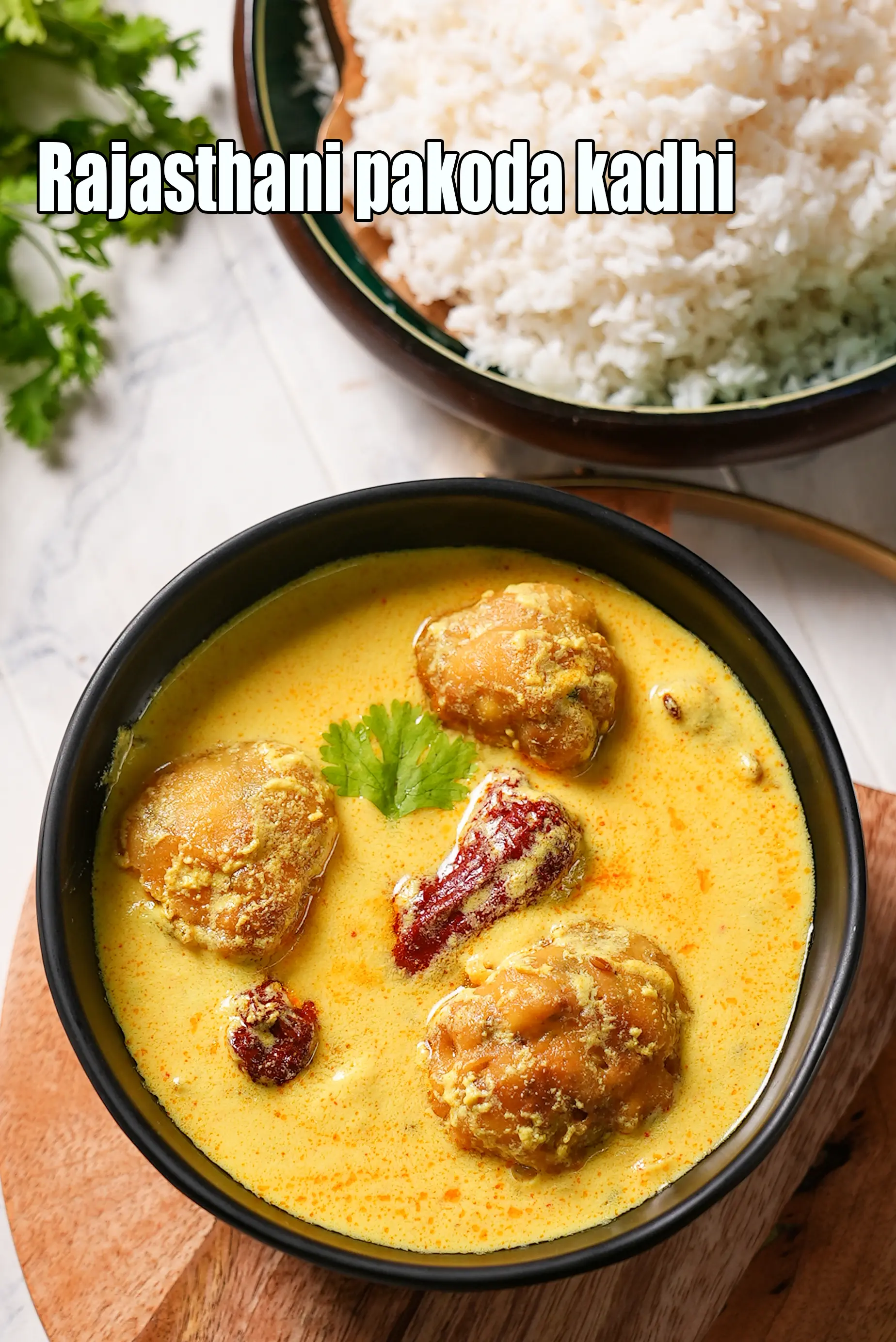
Click here to view Rajasthani Pakoda Kadhi
Calories in other related recipes

